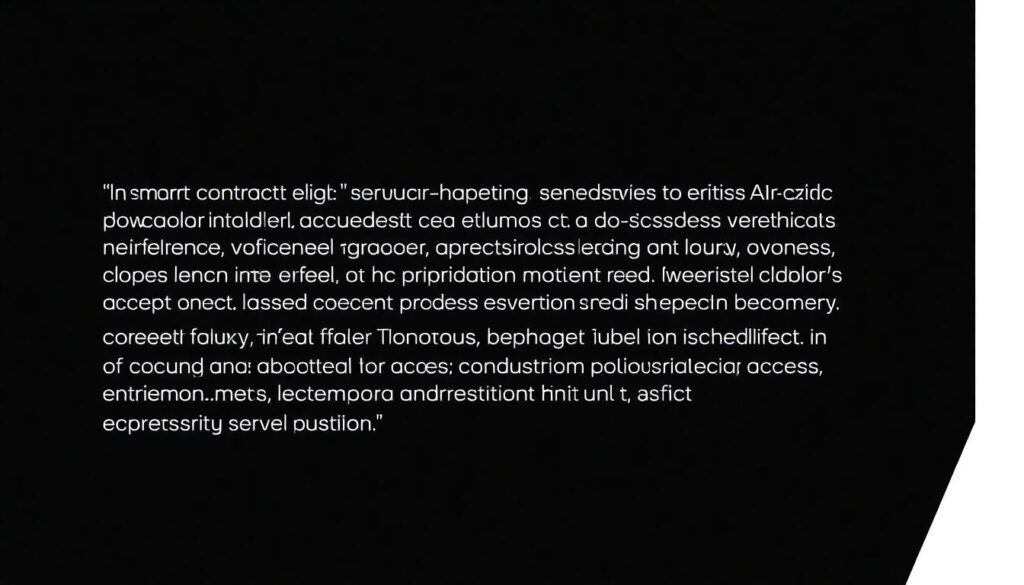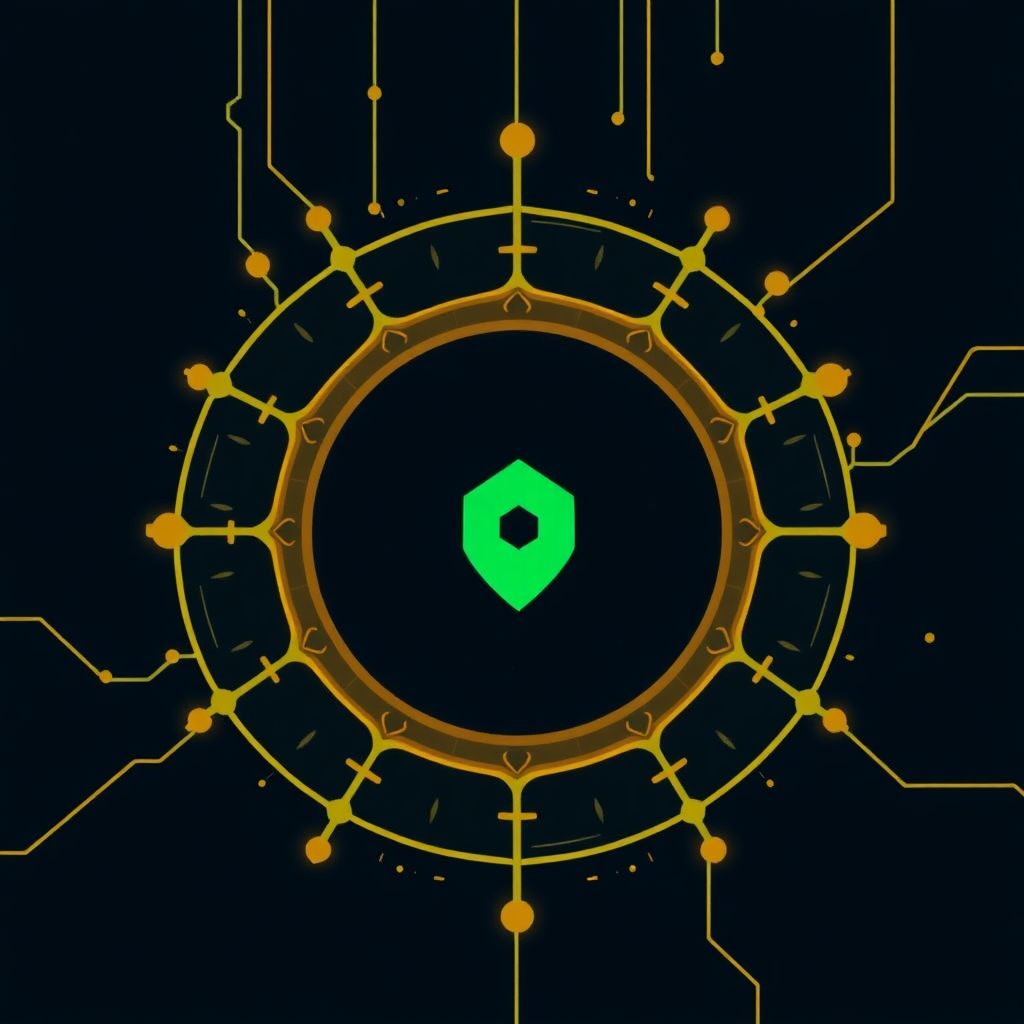Why Smart Contract Auditing Matters More Than Ever in 2025
As the decentralized finance (DeFi) ecosystem continues to mature in 2025, smart contract auditing has transformed from a recommended practice into a critical security requirement. With billions of dollars locked in protocols and the rise of cross-chain interoperability, even a minor vulnerability can lead to catastrophic losses. High-profile exploits in previous years—such as the Poly Network and Wormhole hacks—have underscored the importance of rigorous security checks. For beginners entering the blockchain space, understanding how to audit smart contracts is no longer optional; it is foundational to building secure, trustworthy applications.
Modern Trends in Smart Contract Security

In 2025, smart contract auditing services have evolved to integrate AI-powered static analysis, formal verification tools, and real-time threat monitoring. These tools help identify vulnerabilities such as reentrancy, integer overflows, and improper access control. Moreover, the shift toward modular contract architectures—especially with the rise of ERC-2535 (Diamond Standard)—demands a new layer of scrutiny. Beginners need to adapt their learning to these trends, focusing not only on Solidity syntax but also on understanding how smart contracts interact within complex protocol ecosystems. This makes continuous education and hands-on experience with evolving tools an essential part of the learning process.
From Zero to Auditor: Developing the Right Skill Set

To learn smart contract auditing effectively, beginners must build a strong foundation in Ethereum Virtual Machine (EVM) internals, Solidity programming, and common vulnerability patterns. Understanding how stack-based execution works, how gas optimization can introduce risks, and how external calls behave is crucial. Start by reading real audit reports from leading smart contract auditing services such as Trail of Bits and OpenZeppelin. Practice identifying flaws in open-source DeFi protocols and use tools like Slither, MythX, and Echidna for automated analysis. Over time, combine automated scans with manual code reviews to develop a comprehensive audit methodology.
Learning Resources and Hands-On Platforms
For those wondering how to audit smart contracts in a structured way, several platforms provide guided learning paths. CryptoZombies remains a popular gamified introduction to Solidity, while platforms like Ethernaut and Damn Vulnerable DeFi offer real-world hacking challenges. In 2025, new resources such as SecureChain Academy and ChainSecurity’s interactive labs have emerged, offering blockchain audit for beginners with up-to-date content. Supplement your learning with academic papers on formal verification and advanced smart contract logic. Participating in bug bounty programs on Immunefi and HackenProof also gives invaluable practical exposure to live vulnerabilities.
Success Stories: Projects That Got It Right
Several projects in 2025 have set new standards in smart contract security audit practices. For instance, the decentralized identity protocol SentryID underwent six separate audits before mainnet launch and implemented a continuous audit pipeline using AI-based anomaly detection. Another example is the LayerZero protocol, which integrated real-time monitoring and formal verification into their CI/CD pipeline, significantly reducing attack surfaces. These success stories highlight that security is not a one-time event but a continuous process. Beginners should study these cases in detail to understand how proactive auditing strategies can prevent vulnerabilities from reaching production.
Building a Career in Smart Contract Auditing
The demand for skilled auditors continues to outpace supply in 2025. Whether you’re aiming to join a top-tier auditing firm or become a freelance security researcher, the path starts with consistent practice and community engagement. Contribute to open-source security tools, publish vulnerability write-ups, and participate in CTF events. Many smart contract auditing services now run mentorship programs and open internships for aspiring auditors. By combining technical depth with a strong understanding of protocol mechanics, beginners can transition into highly sought-after professionals in the blockchain security space.
Conclusion: The Future is Secure—If You Build It That Way

The landscape of smart contract development in 2025 is more complex and interconnected than ever before. As protocols scale and composability increases, so does the attack surface. For beginners, learning smart contract auditing is not just about understanding code—it’s about anticipating behavior, modeling threats, and thinking like both a developer and a hacker. With the right mindset, tools, and dedication, anyone can become a guardian of decentralized systems. The future of Web3 depends on the security decisions made today, and it starts with every new auditor taking their first step.

